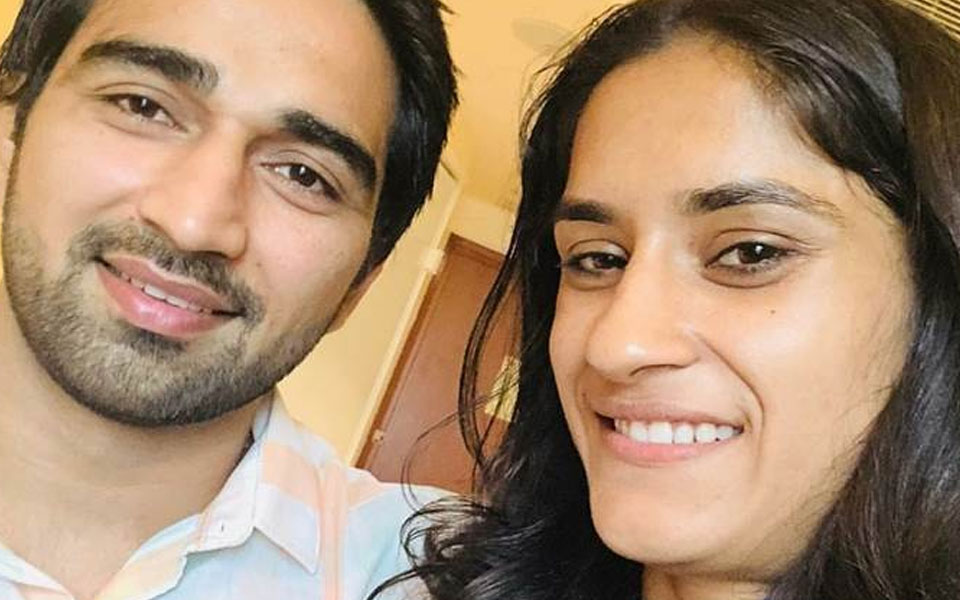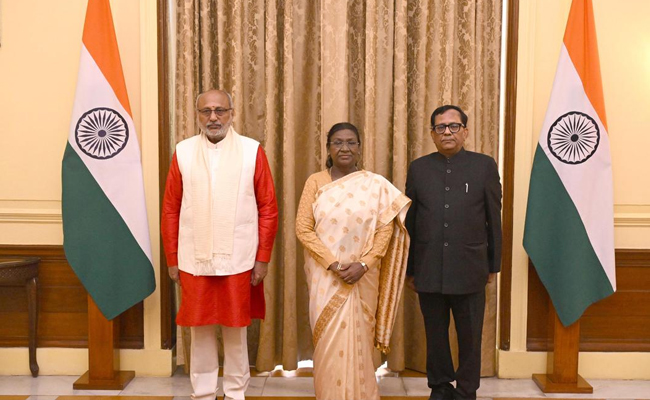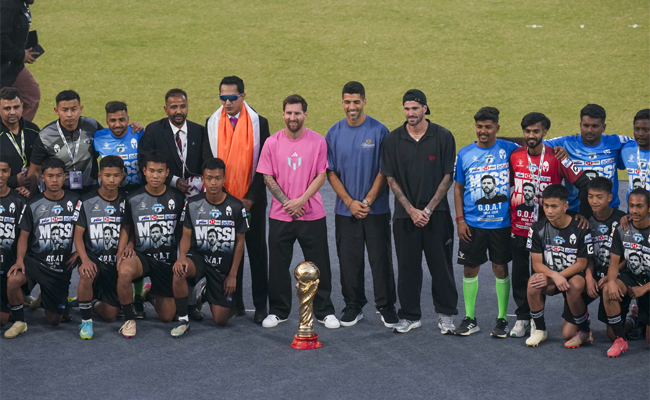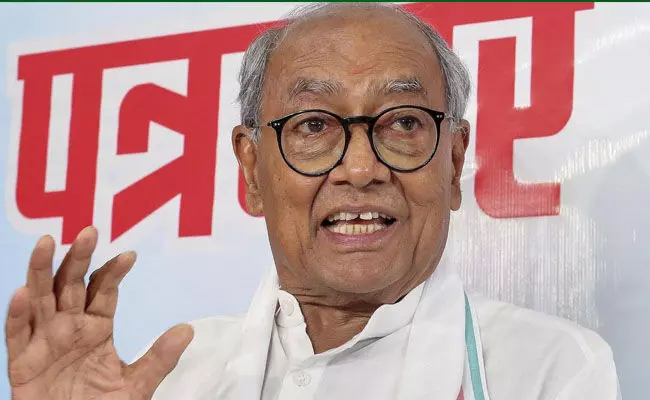New Delhi : Wrestler Vinesh Phogat, who won gold at the Asian Games in Jakarta, got engaged to wrestler Somvir Rathee on her return to India. The two reportedly exchanged rings near the arrival gate of the Delhi airport on Monday night.
Phogat became the first Indian woman to win a gold medal in wrestling at the Asian Games. Rathee, like Phogat, is also a Greco Roman wrestler. A few days ago, she posted on Instagram a photo of them together in which she said it was the “best decision” she had ever made.
After her victory at the Asian Games, Rathee had posted a picture in which he congratulated Phogat on her victory. “I know how much hard work has come before this victory. Whatever she is today is because of her hardwork and the entire nation’s faith and love for her, without which this would not have been possible. Please keep giving your love and faith always. Every Indian is proud of you always and I pray you will continue to make the nation proud in the future as well,” he said.
Phogat has also shared pictures of her 24th birthday celebration at Delhi airport on Instagram. In an accompanying caption she thanked everyone for their wishes on her birthday and said that it would remain a memorable one. She later confirmed to a newspaper that she was engaged to Rathee and that the rings were exchanged outside the airport.
courtesy : hindustantimes.com
Let the Truth be known. If you read VB and like VB, please be a VB Supporter and Help us deliver the Truth to one and all.
New Delhi (PTI): After a gap of nine years, transparency watchdog Central Information Commission attained its full strength with the appointment of former IAS officer Raj Kumar Goyal and eight other information commissioners, who took the oath of office on Monday.
A three-member panel headed by Prime Minister Narendra Modi last week recommended their names for the appointment.
President Droupadi Murmu administered the oath of office to Goyal as the chief information commissioner (CIC) at a ceremony held at the Rashtrapati Bhavan, her office said in a communique.
The event was attended by Vice President C P Radhakrishnan and Union Minister of State for Personnel Jitendra Singh, among others.
Goyal is a 1990-batch (retired) IAS officer of the Arunachal Pradesh-Goa-Mizoram-Union Territories (AGMUT) cadre. He superannuated as secretary, Department of Justice under the Ministry of Law and Justice, on August 31.
He has also served as secretary (border management) in the Home Ministry and held key posts both at the Centre and in the erstwhile state of Jammu and Kashmir.
The post of CIC fell vacant after Heeralal Samariya completed his term on September 13.
ALSO READ: Football fans in frenzy as Messi winds up G.O.A.T. India Tour with Delhi leg
The Commission is headed by a CIC and can have a maximum of 10 information commissioners. With the new appointments, the Commission attained its full strength after a gap of over nine years, according to transparency activists.
In the presence of two incumbent Information Commissioners, Anandi Ramalingam and Vinod Kumar Tiwari, Goyal administered the oath of office to eight new appointees at the swearing-in ceremony.
They included former Railway Board chief Jaya Verma Sinha, former IPS officer Swagat Das -- who held key posts in the Intelligence Bureau, Home Ministry and Cabinet Secretariat, among others -- Central Secretariat Service (CSS) officer Sanjeev Kumar Jindal, former IAS officer Surendra Singh Meena and ex-Indian Forest Service officer Khushwant Singh Sethi.
Senior journalists P R Ramesh and Ashutosh Chaturvedi, and former Indian Legal Service officer Sudha Rani Relangi, have also been sworn in as information commissioners.
Relangi has also worked as the director of prosecution, Central Bureau of Investigation and joint secretary and legislative counsel in the Ministry of Law and Justice.
The names of the CIC and eight information commissioners were cleared during the meeting of the Modi-led committee comprising Union Home Minister Amit Shah and Leader of Opposition in Lok Sabha Rahul Gandhi.





